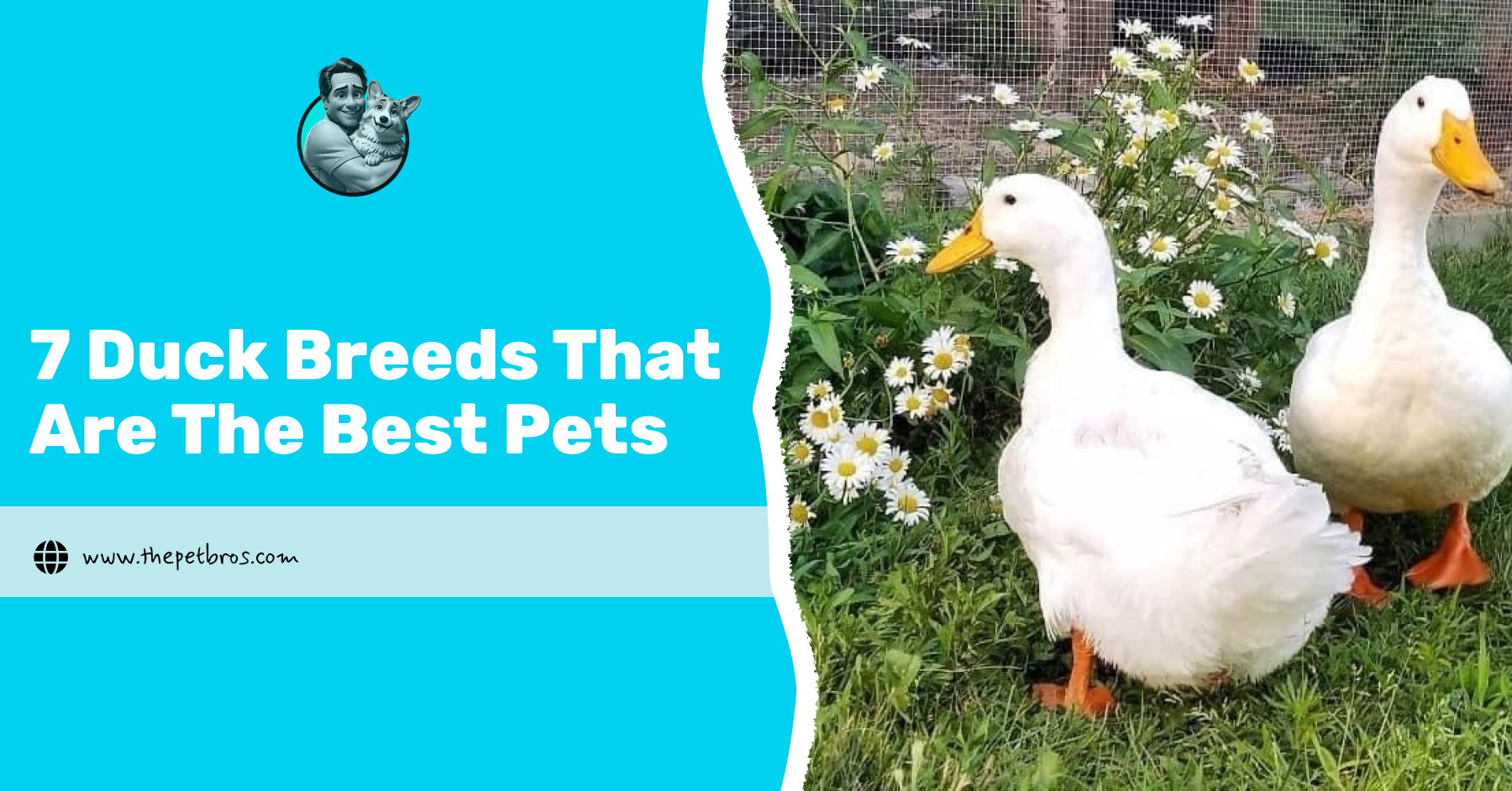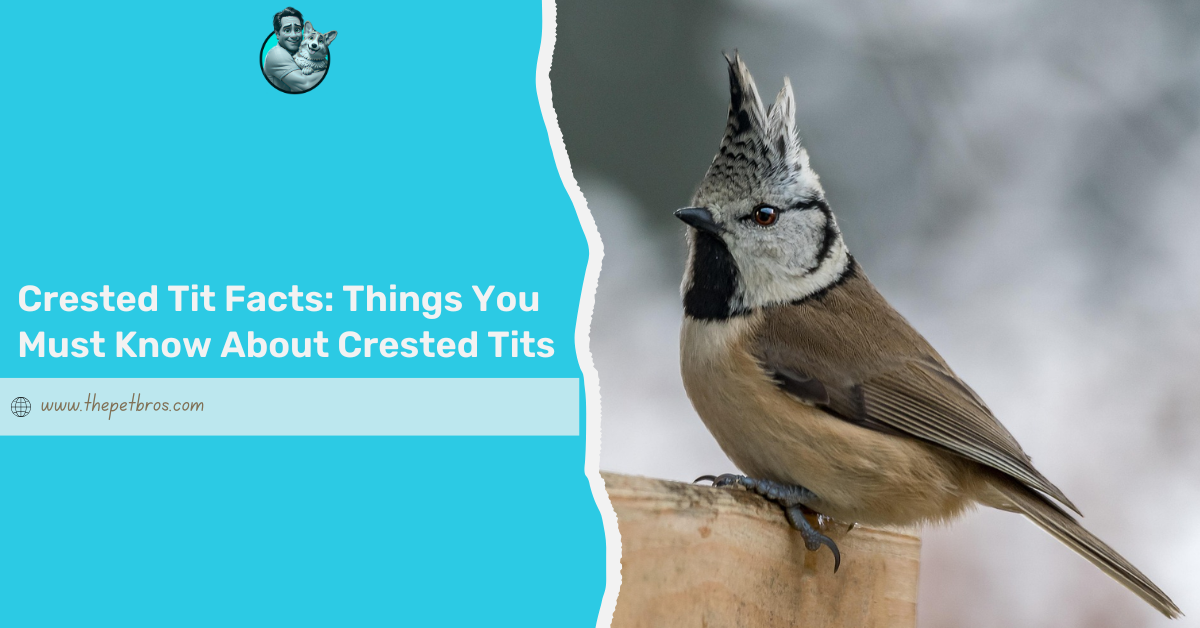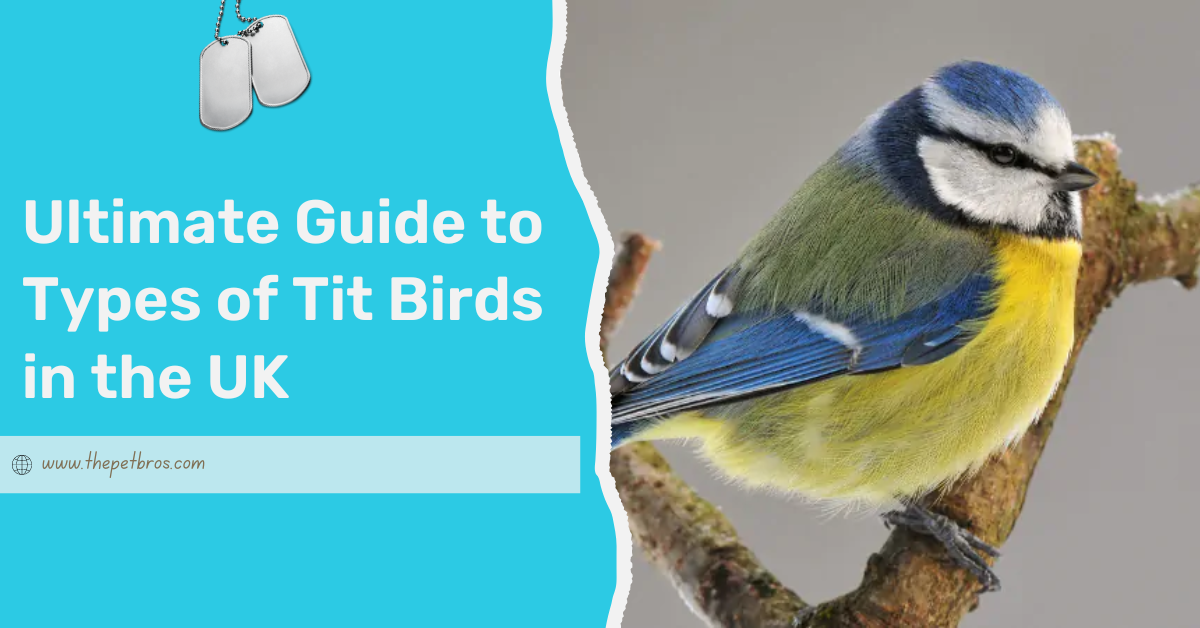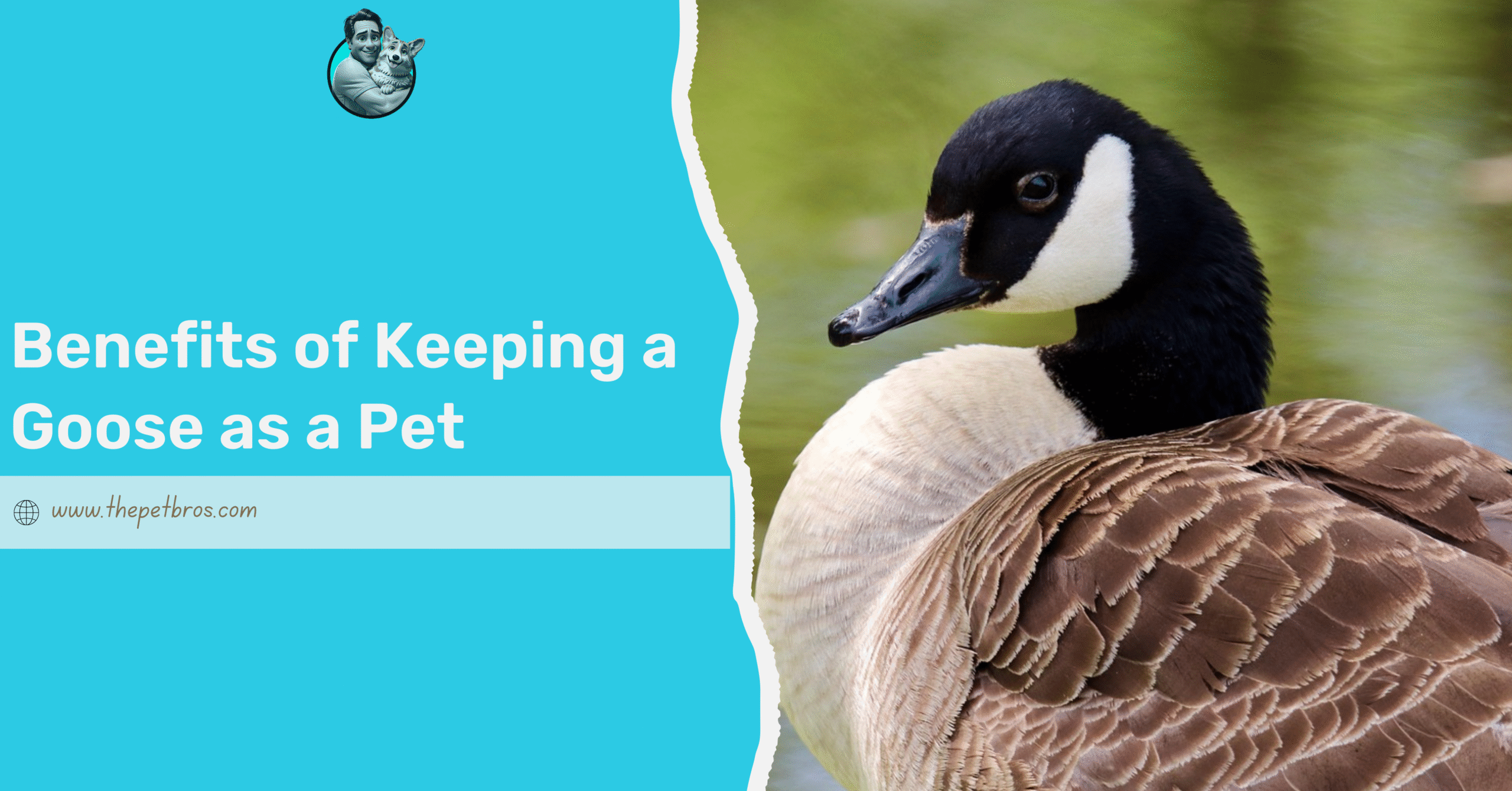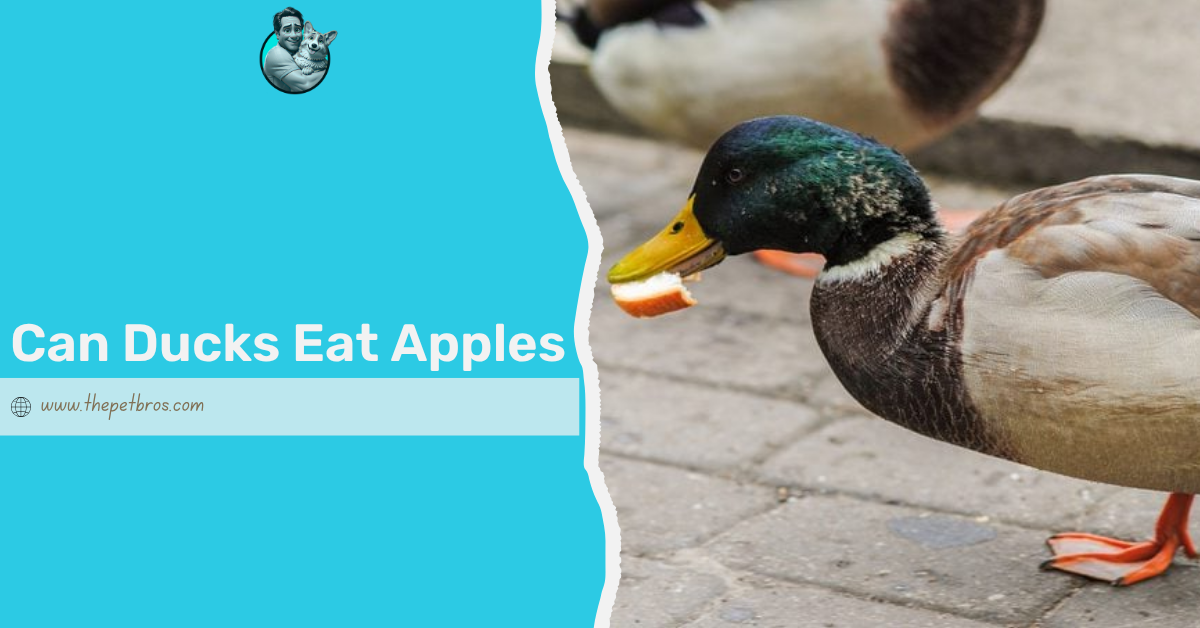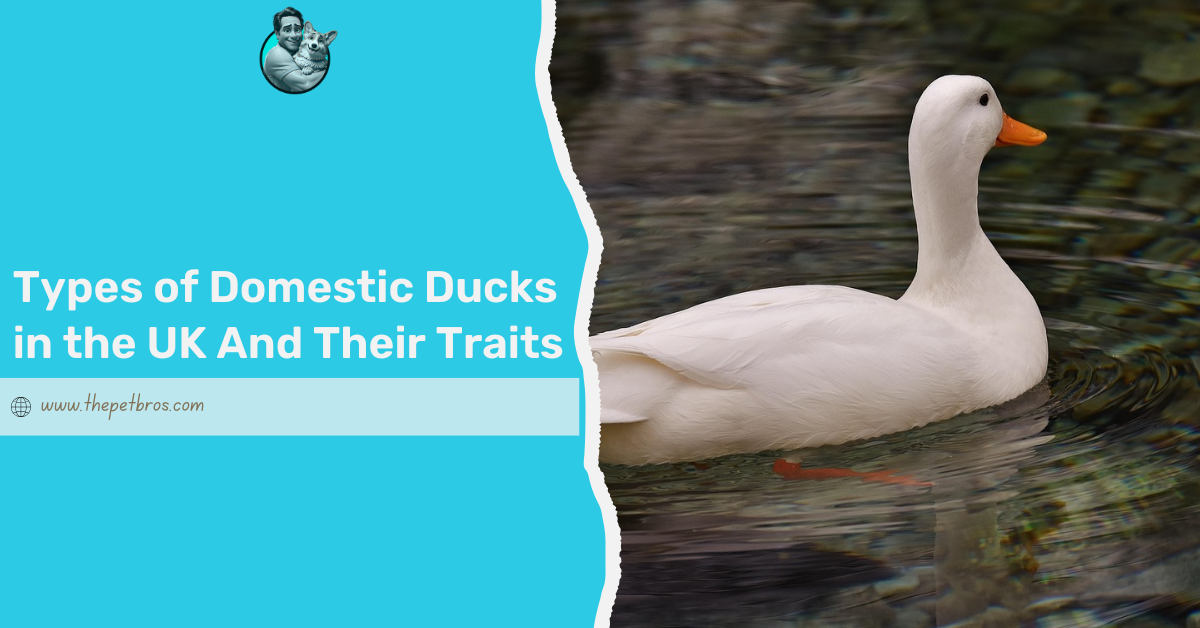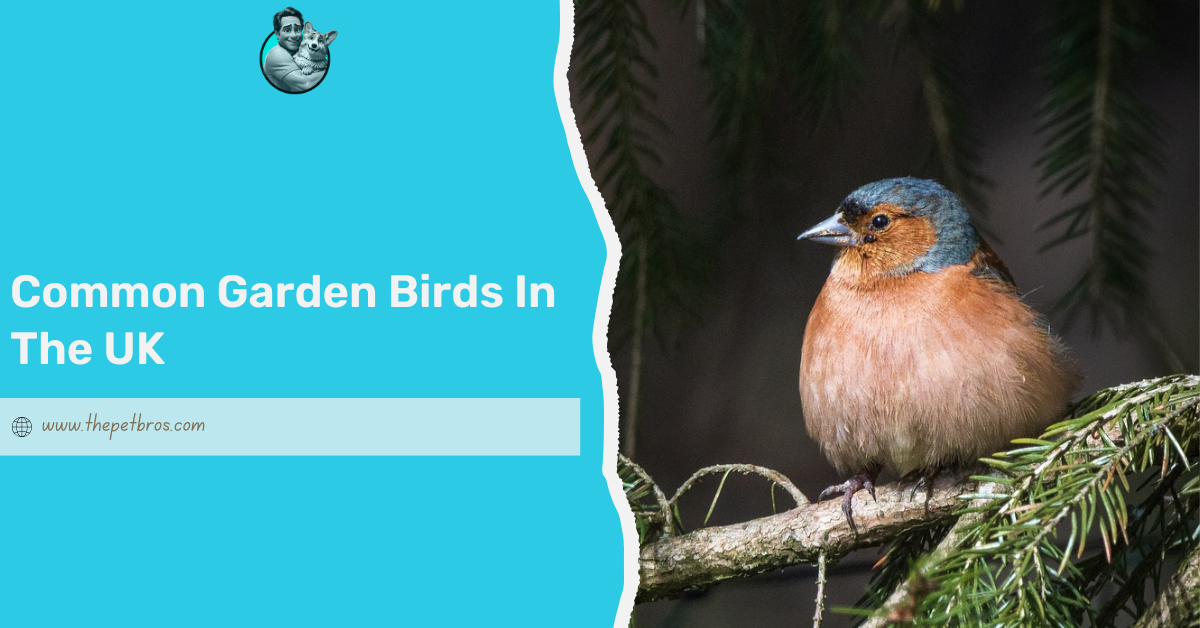If you’re searching for the best kind of pet ducks, you’re in good company. The world has more than 25 recognised domestic duck breeds. That’s 25 adorable, waddling possibilities, and choosing just one can feel like you’re casting the lead role in your backyard’s next big production.
See, let’s be honest, ducks are not dogs. They won’t fetch your slippers or cuddle on the couch, and they definitely won’t stay quiet if they don’t feel like it. There’s a reason for special duck houses. Still, they can be incredible companions, especially when you match the right breed with your space, goals, and lifestyle.
In this guide, we’ll introduce you to seven best kinds of pet ducks that are often friendly, easy to care for, and suited for backyard living. Let’s meet your future flockmates!
1. The Welsh Harlequin
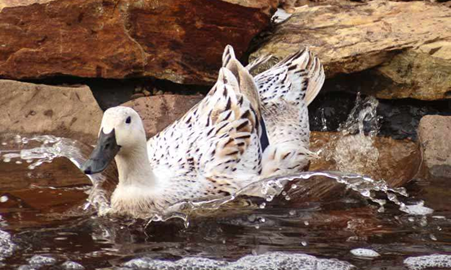
The Welsh Harlequin is a top contender for anyone seeking the best kind of pet ducks breeds, thanks to its calm nature, attractive appearance, and impressive productivity. This breed is known for its excellent foraging ability, which means they can help manage pests in your garden while staying close to home since they do not fly. They are gentle, adaptable, and particularly beginner-friendly, making them a great choice for new duck keepers.
On top of their friendly personality, they are also remarkable egg layers, often producing up to 330 eggs in a year, which makes them as practical as they are charming. Families who want ducks that offer both companionship and utility will find the Welsh Harlequin to be a rewarding addition to their backyard. They are also prized for their excellent foraging skills, helping to reduce feed costs.
2. The Pekin
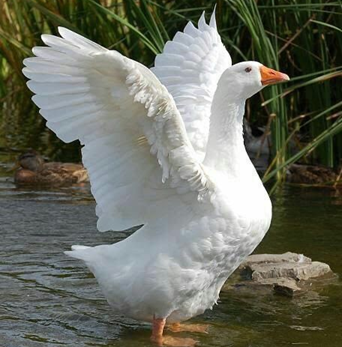
Pekins are well-loved for their gentle and affectionate nature, making them excellent pets for families, especially those with children. They are sociable and enjoy human interaction, often following their owners around the garden.
This friendliness, combined with their charming, fluffy appearance, makes them a favourite choice for first-time duck keepers. Pekins are also dependable egg layers. However, their vocal nature means they can be quite noisy, so they are best suited to homes where neighbours will not be disturbed.
Due to their larger size, Pekins can be prone to certain health issues, including joint strain and obesity, if restricted to their coop. Their size also means they require sturdy housing and a safe, spacious environment. With proper care, Pekins can thrive and bring years of joy and companionship to their keepers.
3. The Quiet Muscovys
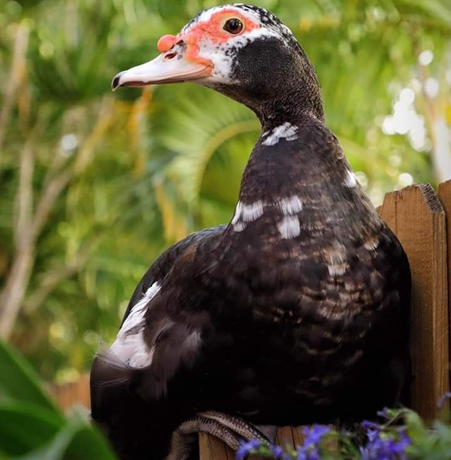
The Muscovy duck is unlike any other domestic duck, mainly because it does not quack. Instead, it communicates through soft hisses, gentle trills, and expressive body language, making it an excellent choice if you live in a noise-sensitive area or simply value a peaceful environment. These ducks are highly intelligent and display plenty of personality, often forming close bonds with their owners and showing curious, sometimes comical behaviour. They enjoy exploring their surroundings, perching on fences, and even following you around the garden.
Their quirky nature means they can be both entertaining and endearing, but they do best with space to roam and opportunities for mental stimulation. This makes them one of the best kind of pet ducks you will ever want. With their calm demeanour and quiet ways, Muscovy ducks bring a unique charm to any flock while keeping the peace in your neighbourhood.
4. The Call Breed
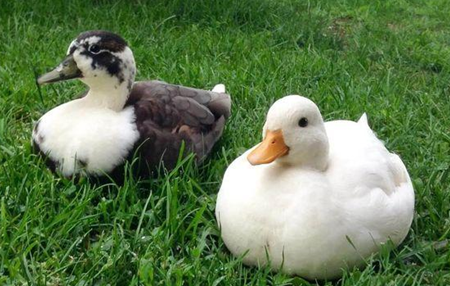
The Call breed is one of the smallest domestic ducks and is known for its charming variety of colours. Their compact size and attractive appearance make them stand out, and they are often kept for ornamental purposes. They have an energetic nature and a strong personality, which can make them quite fun to watch.
However, Call ducks are also famously loud, particularly the females, whose quacks can carry a long distance. This makes them less suitable for people living in noise-sensitive neighbourhoods, and they are often better for experienced duck owners who understand their care needs and lively temperament.
5. The Blue Swedish
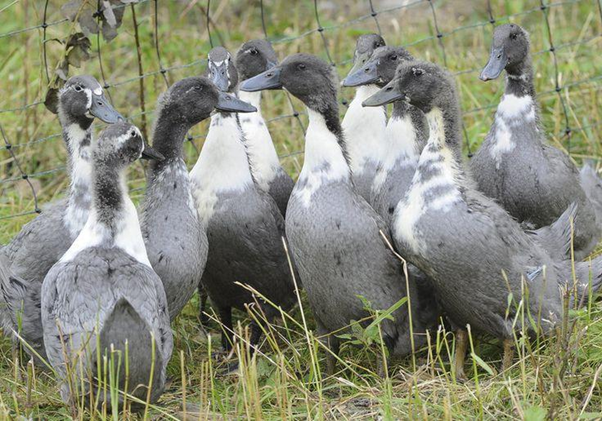
The Blue Swedish is a striking duck with slate-blue plumage and a neat white bib, making it stand out in any flock. Their calm nature and gentle temperament make them a joy to raise, especially for those who appreciate both beauty and a laid-back personality in their birds.
They are excellent foragers, happily hunting for insects and plants while needing little in the way of extra care. Although rare, their charm and practicality make the search for them well worth it. Their resilience and adaptability also make them a reliable choice for various climates.
6. The Cayuga
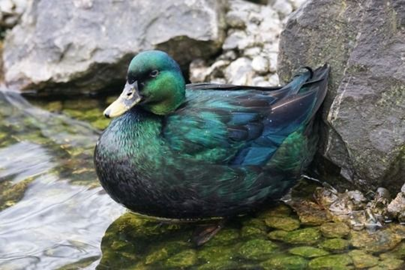
We cannot discuss the best kind of pet ducks without the gorgeous Cayuga. The Cayuga is a truly unique duck breed in the UK that is instantly recognisable for its shimmering green-black feathers that gleam in the sunlight. As these birds age, their plumage gradually fades to white, giving older Cayugas a distinguished, speckled appearance. This striking look makes them a favourite among keepers who value both beauty and character in their flocks.
While they can be a little shy at first, Cayugas often settle in well once they feel secure in their surroundings. With gentle handling and a calm environment, they quickly become more confident, showing a quiet charm that endears them to their owners.
One of the Cayuga’s most remarkable traits is its egg-laying. Early in the season, they produce eggs with deep, dark shells, sometimes almost black. As the season progresses, the eggs gradually lighten, shifting to shades of grey, blue, or even pale green.
7. Rouen Ducks
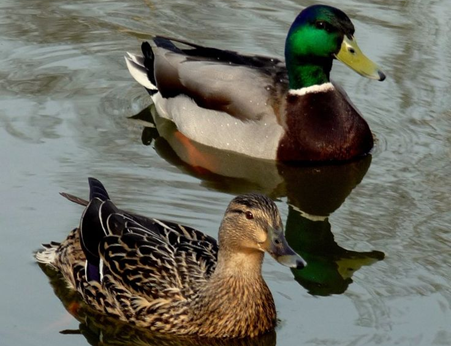
Rouen ducks are admired for their calm and gentle personalities, making them a joy to have around the garden or smallholding. They are often described as friendly and easy to manage, which is why they appeal to those looking for a relaxed, easygoing breed. Their large size and striking plumage, similar to a Mallard but with richer colouring, also add to their charm.
While they are not the most prolific layers, Rouens make up for it with their dependability. Their calm nature means they rarely become restless or noisy, which makes them suitable for quieter settings.
Rouens are considered a good all-rounder, suiting both beginners who want a low-maintenance duck and experienced keepers who value their easy temperament. They are also hardy in various climates, with a good lifespan.
Which Kind of Duck Breed Does It for You?
Choosing the best kind of pet ducks for you depends on what you value most, whether it is beauty, egg production, personality, or foraging skills. Each breed brings its own special qualities to the flock. Think about your space, climate, and needs before making a choice. Whichever breed you choose, ducks can bring joy, character, and plenty of entertainment to your home or smallholding for years to come.
Frequently Asked Questions
What is the cuddliest duck?
While ducks aren’t naturally cuddly, some hand-raised breeds like the Pekin or Muscovy may tolerate petting.
Are ducks a good house pet?
Ducks can be kept indoors with effort, but they’re happiest with outdoor space. They need access to water, can be messy, and require special care if housed inside.
Will pet ducks fly away?
Some breeds, like the Muscovy or Call, can fly. Many heavier breeds, such as Rouens or Pekins, cannot.
Do ducks get along with other pets?
Ducks can coexist with chickens and other calm animals. However, they should always be supervised around dogs or cats to avoid injury.
How long do pet ducks live?
With proper care, most pet ducks live between 8 to 12 years. Smaller or specialised breeds may have shorter lifespans, especially if prone to health issues.
What do ducks eat as pets?
Pet ducks thrive on a balanced diet of commercial duck feed, leafy greens, grains, and the occasional treat like peas or mealworms.






